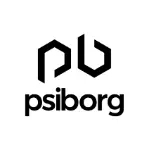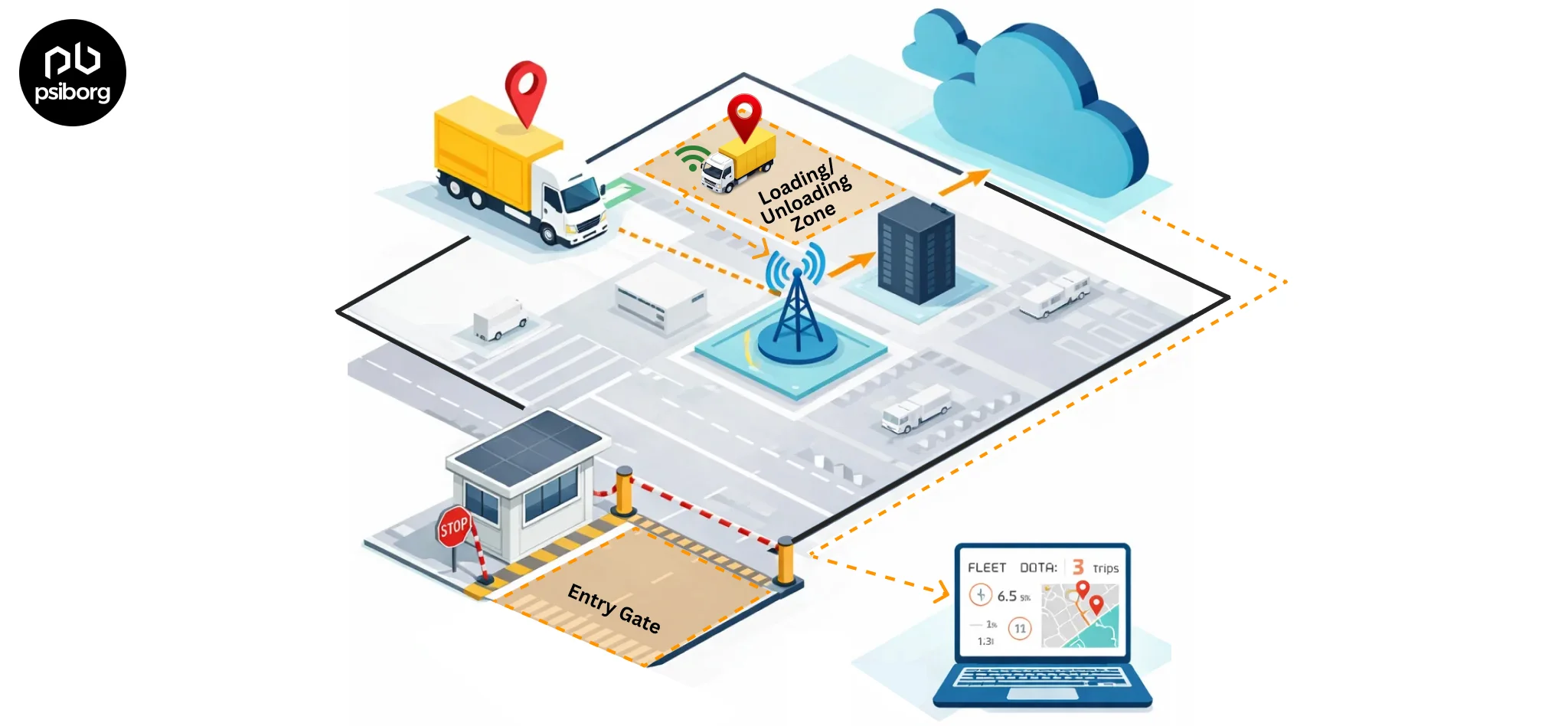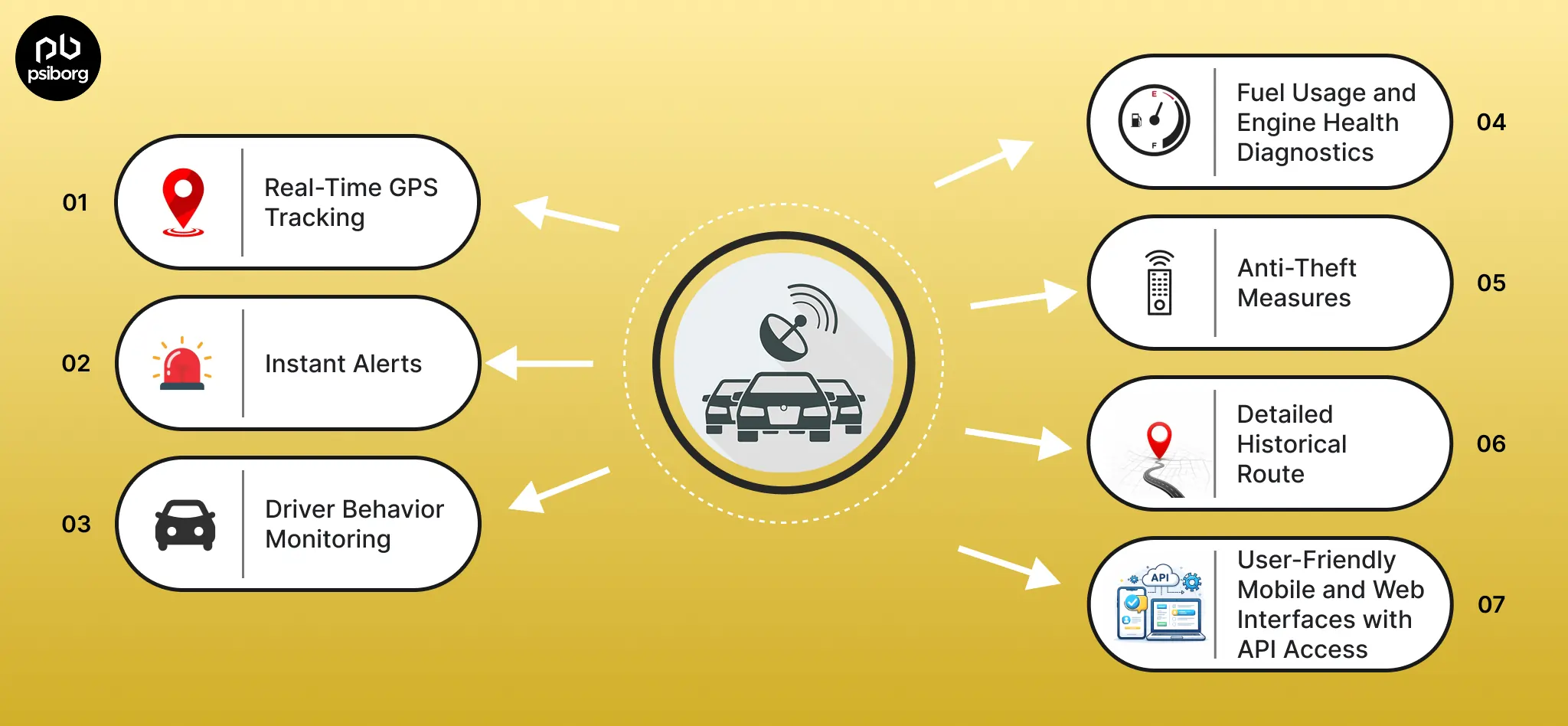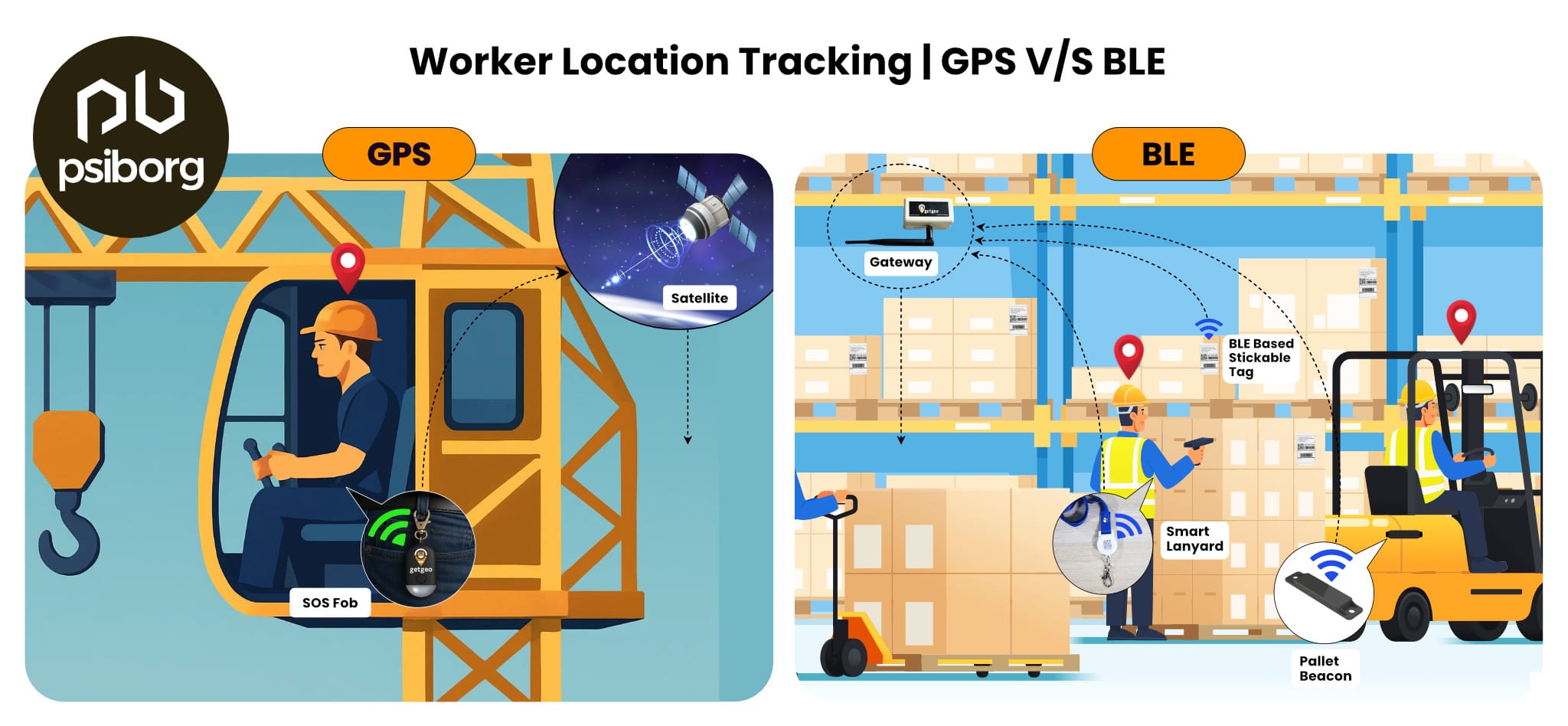Smart water meters are the new-gen response to real-world water problems. Similar to how you monitor electricity bills, smart meters do the same.
In general, we don’t get ideas on how much water we use. So, monitoring water usage is much needed.
With the help of smart meters, water bills are reduced and water conservation is achieved.
Smart water metering systems give precise and timely measures of water consumption, allowing consumers to monitor and manage their daily water usage.
PsiBorg Technologies develops, smart IoT-based solutions like smart meters for businesses that aim to make living smarter.
So, in this article, we will explain everything about smart water meters and how we develop them.
About Smart Metering Technology
Smart metering technology is an advanced and upgraded technology developed to solve the issues that energy and utility businesses face because of traditional water meters.
It’s an advanced water metering infrastructure that measures and records water usage precisely in real time. Contrary to traditional water meters, which require manual reading and are prone to human error, smart meters for water provide automated readings that are transmitted to utility companies for billing and analysis.
How the Smart Meters Work:
The smart water meters use wireless communication technology to send data on water usage to the central server.
Here’s a breakdown of the key components:
- Sensors: There are widely used sensors that measure the flow of water passing through the meter.
- Microcontroller Unit (MCU): This tiny computer processes the data from the sensors and prepares it for transmission.
- Wireless Communication Module: This uses cellular, radio, or satellite technology to transmit the water usage data to a central server.
What Makes Smart Meters Different From Traditional Water Meters?
Smart water meters are an improvement over conventional water meters, providing a more sophisticated means of monitoring and controlling water consumption. Unlike traditional meters that require manual reading, smart meters leverage IoT technology for:
- Automated Readings: The system uses sensors to measure water flow electronically and transmit the data wirelessly. This eliminates the need for manual meter checks, saving time and manpower for both residents and utility companies.
- Real-Time Data: Smart meters provide continuous data on water consumption and also offer water level monitoring in water tanks and reservoirs. Thus allowing for much more detailed insights compared to monthly meter readings.
- Advanced Leak Detection: Sudden spikes in water flow can indicate a leak. Smart meters can detect these anomalies and send alerts, enabling prompt repairs to minimize water loss and damage.
Benefits Offered by Smart Water Meters for Utility Businesses
The use of smart metering technology for utility companies offers several advantages, such as:
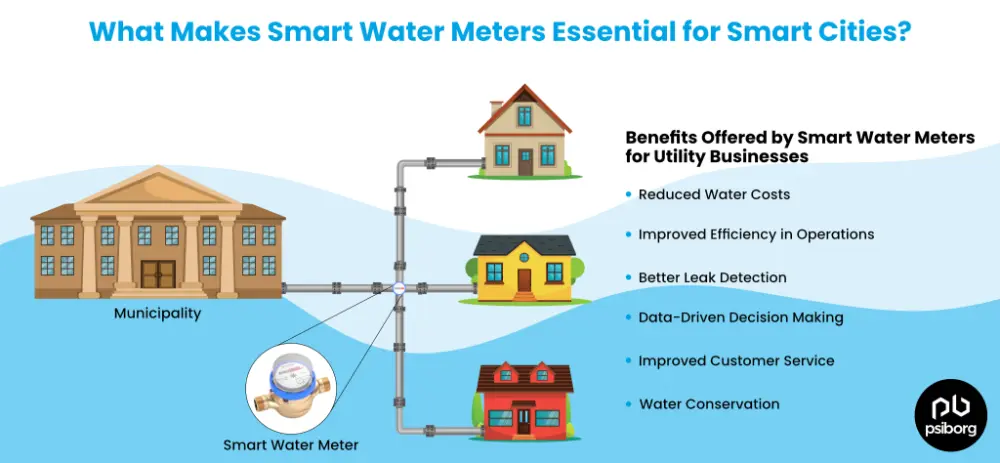
Reduced Water Costs
Smart meters offer real-time data on water consumption, that allows businesses to identify leaks, inefficiencies, and areas for conservation. This translates to major cost savings on water bills.
Improved Efficiency in Operations
Remote meter reading eliminates the need for manual meter checks, thus saving time and manpower. Additionally, data analytics can help businesses optimize irrigation systems, washing processes, and other water-intensive activities.
Better Leak Detection
Smart meters detect sudden spikes in water flow, indicating potential leaks. Early detection minimizes water loss and prevents costly damage to infrastructure.
Data-Driven Decision Making
Detailed water usage data empowers businesses to make informed decisions about water conservation strategies, infrastructure investments, and sustainability initiatives.
Improved Customer Service
For businesses providing water services (e.g., apartment complexes), smart meters enable remote billing and leak alerts for tenants, fostering better customer service and reducing disputes.
Water Conservation
By providing real-time data on usage, smart meters empower both residents and businesses to identify areas where they can conserve water. Water bills can be significantly reduced as a result.
What is the Role of Smart Meters in Water Conservation Programs?
Smart metering technology promotes water conservation in various ways. For instance- providing users the real-time information about their water usage.
So, by monitoring water usage, the users can identify and pinpoint areas where they can reduce their water consumption and make changes to their daily water usage habits to conserve water.
For example, an agriculture business might realize that they are using too much water for irrigation purposes so they can adjust their system accordingly or simply integrate a smart irrigation system.
This will lead to significant savings and help meet sustainability goals.
Target Market for Smart Metering Technology
Smart water metering technology offers significant benefits across various sectors, making it particularly appealing to the following target markets:
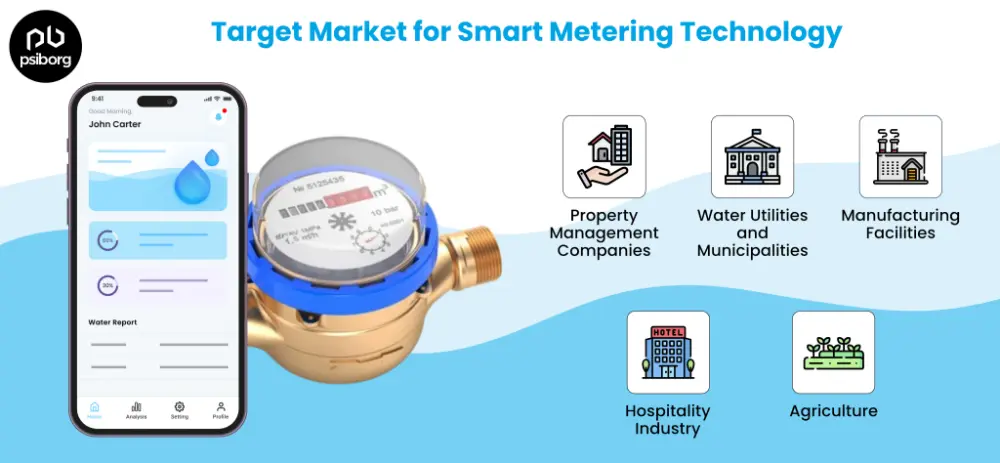
Property management companies
Property management businesses utilize smart water meters for water usage monitoring. Water meters will allow them to monitor water consumption across multiple properties, helping in detecting leaks or any abnormal water usage patterns.
This will further simplify and aid accurate billing based on actual usage, thus ensuring fair charges for tenants.
Hospitality industry (hotels, resorts)
The hospitality industry uses water meters to ensure uninterrupted water supply and optimal maintenance, for a better user experience and minimize operational disruptions.
Manufacturing facilities
The manufacturing industry uses IoT-based water meters to monitor water usage in the production process, improve work efficiency, and minimize waste. Thus, reducing operational costs.
Also, it helps the industry in meeting environmental regulations and sustainability goals as with smart meters they will be able to manage water resources responsibly.
Agriculture (farms, greenhouses)
The agriculture industry benefits from smart meters as they provide detailed insights into water usage for irrigation practices. This will allow farmers to adjust the watering schedules based on actual crop needs and weather conditions.
Water utilities and municipalities
The system allows early detection of leaks in water distribution networks, reducing non-revenue water and minimizing infrastructure damage. It also assists in demand management by facilitating water demand forecasting and peak load management to ensure continuous consumer supply.
Importance of Smart Water Meters in India
Do you know that 40% of the Indian water supply falls under Non-revenue water (NRW)?
“Non-revenue water” is the term used to refer to the volume of water “lost” per km in the entire water distribution network per day.
Because of this, the water utilities go through huge financial losses and bear the cost of treating water supply networks.
An article by the World Bank states that if water loss in all developed countries were even halved, the water saved would be enough to supply around 90 million people.
In India, NRW includes free authorized water, leakages, and commercial/physical losses in supply.
Consequently, there is a difference between the actual total water volume for which customers are billed and the system input volume that is used for distribution.
As a result, the economy struggles and faces problems with inadequate water management and a shortage of resources.
However, by integrating smart water meters and advanced IoT-based leak detection systems, the water utility sector in India can significantly reduce the overall NRW percentage.
Also read: IoT enabled Gas leakage detection system
To Sum Up,
Smart water meters are a win-win for both consumers and utility companies. They promote water conservation, improve efficiency, and provide valuable data for better water management.
Adopting smart water meter solutions can lead to efficient water management. With the integration of IoT in water metering, the entire operation of supplying, managing, and conserving water resources will become more efficient.
IoT offers advanced remote monitoring capabilities, real-time data analysis, and untroublesome interfaces.
If you’re interested in developing smart water meters for your utility business, we have a broad range of services suited to your design.
We can provide a fully functional PoC to MVP development or an entire IoT product development.
Our expert team of embedded engineers is available to help guide you in finding the ideal components to suit your application’s requirements. Contact us today to discuss your project.
FAQs
Smart water meters measure and record water usage accurately in real-time. Unlike conventional water meters, IoT-enabled smart water meters provide automated readings that are transmitted to utility companies for monthly billing.
A water meter measures water usage manually, requiring periodic readings. In contrast, a smart water meter automatically records and transmits water usage data in real-time, enabling remote monitoring, accurate billing, and early detection of leaks or abnormalities.
The benefits of using smart water meters are getting accurate and timely data on daily water usage, improving billing accuracy, reducing water waste, and improving water conservation.
